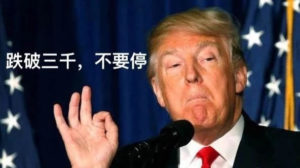By Super Neuro
Just before the opening of A-shares today, a big news hit:The Sino-US trade war has revived disputes. Trump said through a White House statement that he is considering imposing tariffs of 10% on an additional $200 billion worth of Chinese goods.
Under the shadow of the trade war, global stock markets fell across the board. The A-share market fell two steps in one day, and even fell below 2,900 points during the session, setting a new low in nearly two years.
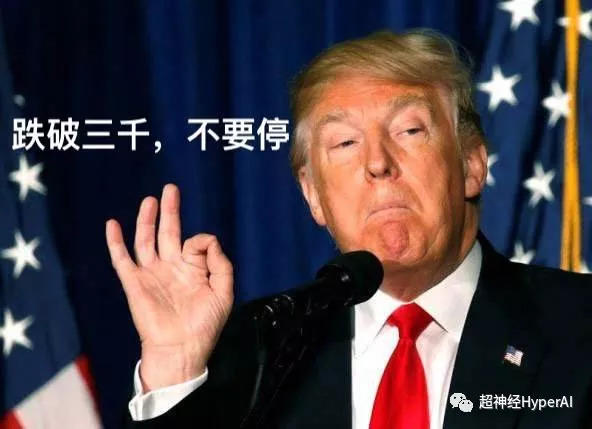
Trade war to block other countries’ 5G technology
The beginning of this trade war and the flames of war first spread from the IT communications industry.ZTE was finally lifted from the US ban, at the cost of restructuring its entire board of directors and paying a fine of US$1.4 billion.
The US ban on ZTE and the suppression of Chinese high-tech companies also once again confirmed that the US's previous trade frictions with China were aimed directly at "Made in China 2025".
The first of the ten major areas of Made in China 2025 is the new generation of information technology industry. In terms of information and communication equipment, it is necessary to master core technologies such as new computing, high-speed interconnection, advanced storage, and systematic security assurance, and comprehensively break through technologies such as the fifth-generation mobile communication (5G) technology, core routing and switching technology, and ultra-high-speed, large-capacity intelligent optical transmission technology. ZTE is one of the main companies in China in this regard.

As a state-owned enterprise, ZTE not only represents the will of the country, but is also one of the main companies developing 5G in China. In the eyes of the United States, 5G is the key to dominate future technology, so it is not surprising that it is targeted by Trump.
According to the US, if China is allowed to master 5G first, it may surpass the US in global politics, economy, military, and future technology, and shake the US's current leading position in the science and technology industry.
Why China's 5G should be contained alone
Apart from the ban on ZTE's sales, Huawei's targeting by the US is no longer news. During this year's CES, the largest US telecom operator Verizon terminated its cooperation with Huawei, followed by the second largest telecom operator AT&T and the largest US retailer Best Buy, which also bid farewell to Huawei. Huawei's sales in the US have come to an end.
According to the US theory, although the US is still a leader in the field of science and technology, it lags behind Finland, Japan and China in the construction of communication networks. The current leading position in 4G is mainly due to the capital laid by well-known technology companies such as Apple, Google and Facebook.
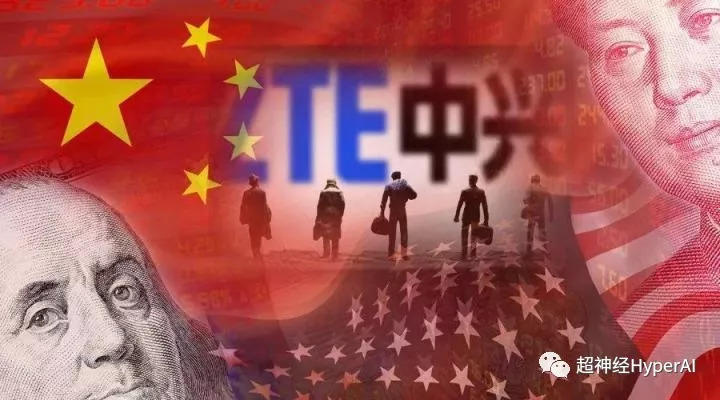
However, with the rise of Chinese manufacturing, relying on its population advantage, China is likely to take the lead in 5G technology, thereby challenging the United States and taking the lead in future technology fields.
Huawei is a good example. It has not only become the world's top infrastructure equipment supplier, but its market share has also reached 11 %, second only to Apple, which ranks second. Once 5G is first promoted in China, it will be easy for China to take the lead in the field of mobile communications by relying on Huawei.
Accenture had already made a comment on this technological competition in 2016: it said that 5G technology would provide more than 3 million jobs in the United States and increase GDP by $500 billion, but if this technology was first implemented in China, this treasure would flow to China.
In addition, unlike 4G, the 5G network has a wider range of applications and scenarios, and will play a key role in the Internet of Things, smart driving, AI and other fields.
In other words, whoever masters 5G first will have the initiative in future technological development.
Is 5G really that awesome?
It’s really that awesome.
Compared with 4G, the network speed of 5G can reach 10 Gbps, which is equivalent to 0.98 Gbps/s. A 3G high-definition movie can be downloaded in just a few seconds.
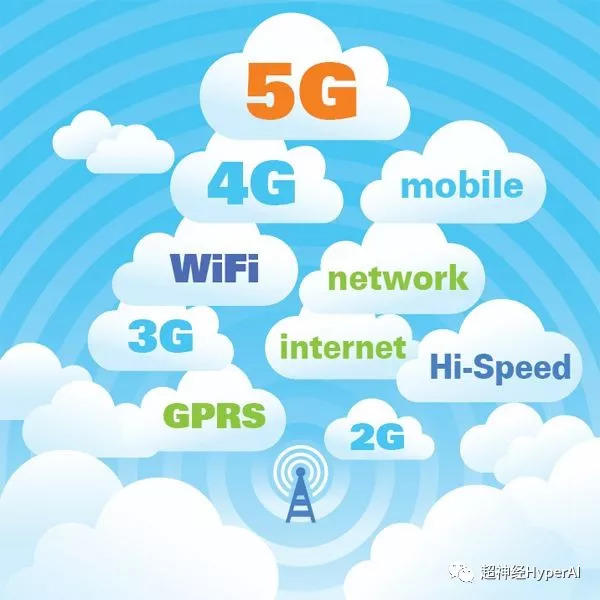
The rapid development of 5G is inseparable from the development of China's mobile Internet this year.
In addition, the 5G network is quite stable, with low latency and wider coverage than 4G, which means that 5G has more advantages in the development of VR, smart driving, drones and other fields.
The application of 5G in these fields will also generate a large amount of data, which is very beneficial to the development of AI. It can be said that 5G is a key link in the future development of science and technology and the core of building smart cities.
There is a key question that needs to be answered
Now, the first phase of 5G standards has been released and will be put into commercial use in the next step.
Of the 134 5G development operators in the world, 48 have already confirmed their commercial timetables. China and the United States, as the two main competing countries, both plan to achieve commercialization in 2020.
Verizon, the largest wireless communications service provider in the United States, said it will trial 5G services in 11 cities in the United States by the end of this year. Intel and Qualcomm have also launched 5G modems and other infrastructure to support various trials to be launched this year.
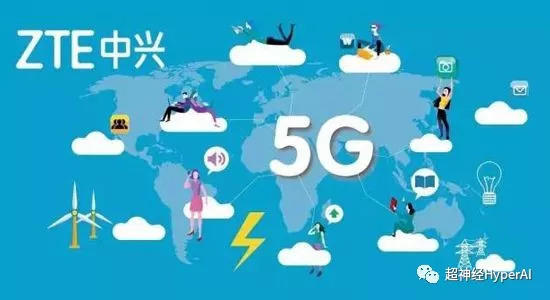
But before that, ZTE, as the largest 5G R&D company in China, released a full range of 5G commercial base stations in February last year. In October of the same year, it cooperated with Italy's Wind Tre and Open Fiber to launch Europe's first 5G pre-commercial network. In December, it launched a 5G core product based on a service-oriented architecture. Even in recent years, ZTE has been promoting 「Leading 5G innovations」The black flag.
Just as ZTE was making breakthroughs one after another, it was hit with a sales ban by the United States in March this year, and fate strangled ZTE.
Among the reasons for the ban, in addition to the unfair business practices that have already occurred, another reason is to prevent ZTE's 5G technology from developing too quickly, allowing Chinese companies such as Huawei to expand their influence in 5G standard setting and threaten Qualcomm's position in global communication standard setting.
Although ZTE has been able to take a breather for the time being, it is hard to say that ZTE will not be hit again by the United States when it achieves its next success because it relies heavily on imported chips from the United States. However, Trump always thinks that China's first launch of 5G will threaten US national security and affect US economic development. It is too exaggerated to fight a head-on trade war.
